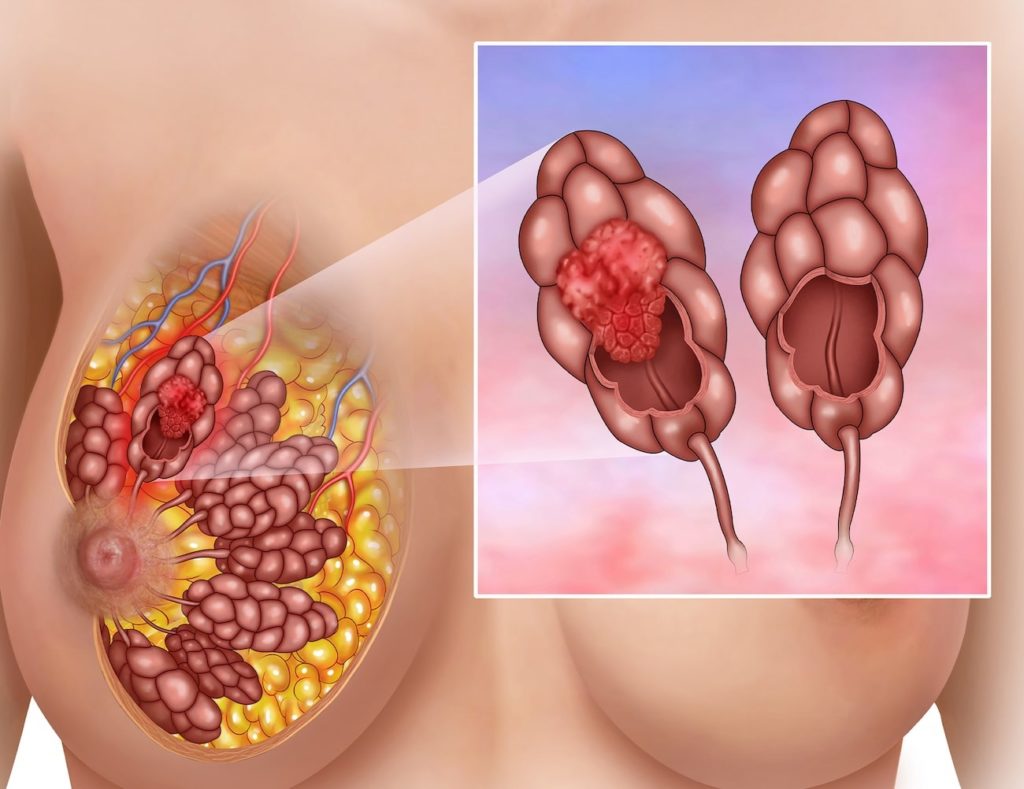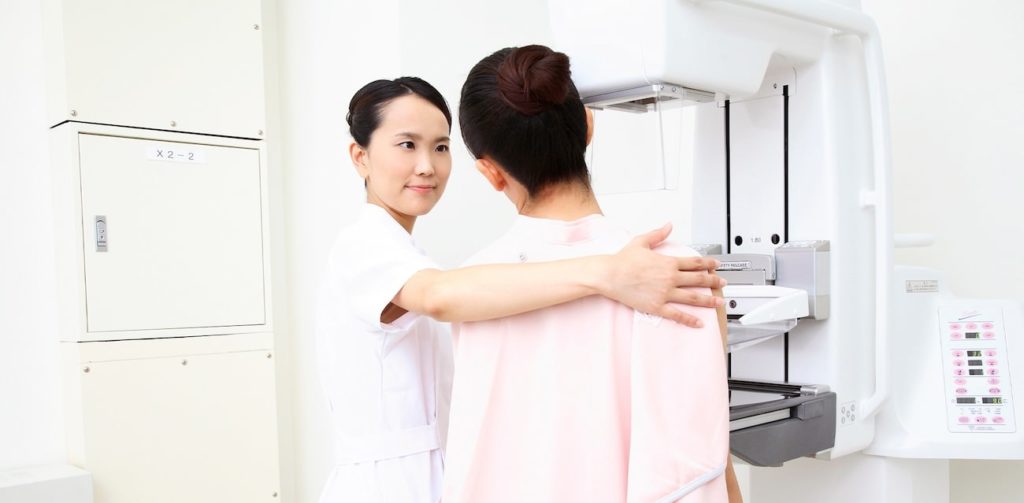
A Guide to Chemotherapy for Breast Cancer & Other Treatments
According to National Cancer Centre Singapore, breast cancer is the most common cancer in Singaporean women. This condition accounts for 30% of female cancers, with the highest rates affecting women in their late 50s. Fortunately, advancements in medical science have led to the development of various effective treatments to combat this disease. In particular, chemotherapy for breast cancer and surgery have emerged as primary treatment options for eliminating cancerous growth. By delving into these treatments in-depth, we seek to shed light on their efficacy and provide women with the knowledge to make informed decisions about their health and well-being.
What Are the Types of Chemotherapy for Breast Cancer
Chemotherapy utilises potent drugs to combat breast cancer. These agents target the DNA inside cancer cells to keep them from multiplying. It can be administered orally or intravenously, allowing it to reach cancer cells throughout the body.

Commonly used chemotherapy drugs for breast cancer include:
- Anthracyclines, e.g. Doxorubicin & Epirucibin
- Taxanes, e.g. Docetaxel & Paclitaxel
- Cyclophosphamide
The use of these chemotherapy agents depends on the characteristics of breast cancer, cancer stage, and individual patient considerations. Ask a breast specialist about these drugs’ potential benefits and side effects to make an informed decision and improve your quality of life during treatment.
Who Benefits From Chemotherapy for Breast Cancer
Patients with cancer cells that have spread to another part of the body may undergo chemotherapy to reduce the risk of recurrence. This treatment option eliminates cancer cells without hormone receptors, as other therapies may not work against it.
Chemotherapy for breast cancer will be beneficial for the following specific cases.
- A large tumour in the breast
- Grade 3 breast cancer cells
- Lymph nodes under arms with breast cancer cells
- An aggressive form of cancer
Why Early Breast Cancer Treatment Is Important

Early detection and treatment of breast cancer ensure a higher treatment success rate than the later stages. For instance, breast cancer patients with stage I and stage II have a 5-year survival rate of 90% and 80%, respectively. As a result, taking charge of your treatments is crucial in the fight against this disease. Consider various treatment options, including chemotherapy, to shrink tumours, prevent their spread, and reduce the risk of recurrence.
Early intervention makes all the difference in your breast cancer journey.
Other Breast Cancer Treatments
Breast cancer treatments often utilise a combination of chemotherapy and other modes of treatment, including
- Radiation Therapy for breast cancer is a localised treatment using high-energy X-rays to eliminate remaining cancer cells after surgery.
- Hormone therapy for breast cancer blocks the effects of hormones that fuel the growth of cancer cells. This may involve medications that lower hormone levels or drugs that block hormone receptors in cancer cells.
- Targeted Therapy for breast cancer uses drugs to block molecules or pathways involved in cancer growth. For instance, it targets HER2 receptors that produce human epidermal growth factor receptor 2 proteins. These proteins are responsible for increased cancer cell growth in HER2-positive breast cancers.
- Surgery for breast cancer is the primary treatment for localised tumours. It involves the removal of the tumour (lumpectomy) or the entire breast (mastectomy) to eliminate cancer cells.
How Our Breast Specialist Determines the Appropriate Treatment
Determining a suitable treatment plan for breast cancer requires a multidisciplinary approach. Our breast specialist considers various factors, such as the stage and type of breast cancer, the presence of hormone receptors or genetic mutations, the patient’s overall health, and individual preferences. This comprehensive evaluation ensures treatments are tailored to each patient’s needs, maximising the chances of a successful outcome.
It includes the following tests to identify the stage of breast cancer.
- Breast Biopsy removes a sample of breast tissue to determine if a breast lump is cancerous. It may require general anaesthesia and a large needle to obtain the sample.
- Breast Magnetic Resonance Imaging captures multiple breast images to assess the extent of cancer. It uses an MRI machine with a large, central opening where you may need to lie facedown on a padded scanning table.
We understand learning about your diagnosis is a difficult time. Our specialist will guide and support you through this situation by walking you through the necessary steps to undergo treatment at the appropriate time, ensuring a better quality of life after cancer.
When is it Recommended to Undergo Breast Cancer Treatments?
The timing of breast cancer treatments depends on several factors. Our breast specialist may recommend treatments before surgery (neoadjuvant therapy) to shrink tumours and increase the likelihood of successful surgical removal. Other options after surgery, such as targeted and hormone therapy (adjuvant therapy), eliminate remaining cancer cells and reduce the risk of recurrence. Our specialist will determine the exact timing and duration of treatments based on your unique situation and preferences.
Key Takeaways: Embrace Healthier Life Beyond Cancer

The timing of breast cancer treatments depends on several factors. Our breast specialist may recommend treatments before surgery (neoadjuvant therapy) to shrink tumours and increase the likelihood of successful surgical removal. Other options after surgery, such as targeted and hormone therapy (adjuvant therapy), eliminate remaining cancer cells and reduce the risk of recurrence. Our specialist will determine the exact timing and duration of treatments based on your unique situation and preferences.
Together, we can continue fighting breast cancer and emerge stronger than ever.
Schedule a consultation with Dr Andrew Lee today.
